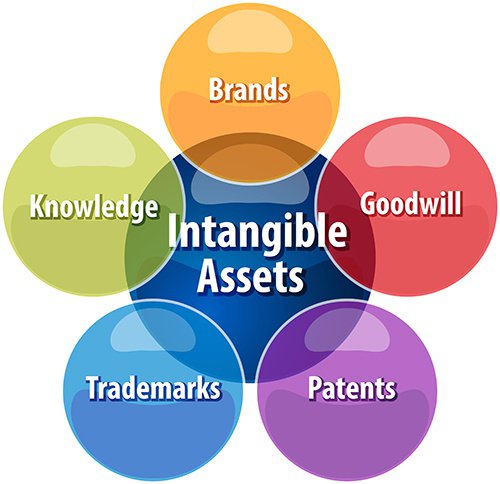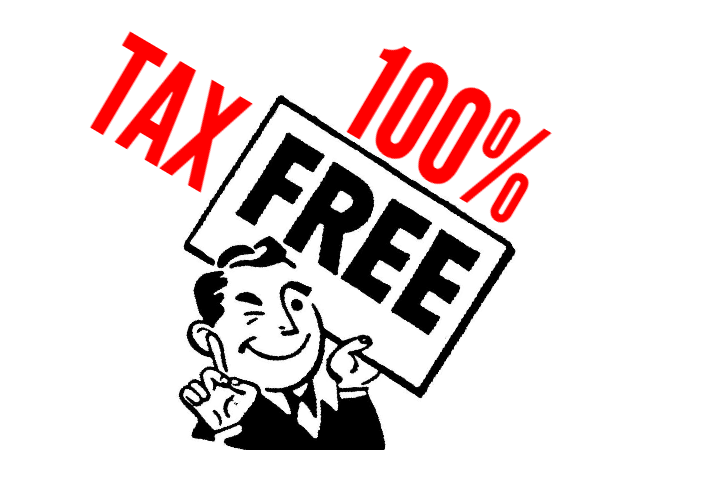 Tax Considerations When Selling Intangible Assets
Tax Considerations When Selling Intangible Assets
Growing a business often generates intangible assets or for tax purposes, is known as eligible capital property (ECP).
What am I talking about? Intangible assets or ECP are business assets that have no physical attributes and are often non-monetary in that you did not pay anything to get them, except for all your hard work, blood, sweat and tears of course. This would be things like goodwill, a customer list, a trademark, materials & resources created for your business activities, patents, copyrights, brand recognition, etc.
For this blog, we will assume that you started the business from scratch, so these intangible assets are often not defined on the balance sheet as they did not cost anything.
Sometimes these intangible assets can be sold without selling the whole business or even closing it down. So how does the sale of these assets affect your taxes?
When you are a small business corporation, there are two main components to the sale.
- Corporate Tax
½ of the net taxable proceeds are taxed in the company as investment income which is currently taxed at 50.66% (Federal & BC) as opposed to the small business corporate tax rate which is currently 11% (Federal & BC). One thing to note is that there is a refundable portion of the corporate tax if dividends are paid.  Capital Dividend Account
Capital Dividend Account
½ of the net taxable proceeds goes into your capital dividend account (CDA) which can be paid as tax free dividends to the shareholder(s).
So, let us go through an example
You are a small business corporation in BC. You sell a variety of educational products and teach courses that you created from scratch. You have been approached to sell one of your courses for $10,000. As the course was created by you, there is no value in either your corporate taxes or financial statements. Not including any other taxable income the company might have, the tax treatment on the sale of the course as an ECP is as follows:
- Corporate Tax
As you pay tax on half of the net taxable proceeds, the corporate tax is $2,533 ($10,000 * ½ * 50.66%). - Capital Dividend Account
The other half of the net taxable proceeds $5,000 ($10,000 x ½) goes into your CDA account and can then be paid out to the shareholder(s) tax free (does not need to be reported on your personal taxes). Note: Resolutions and CDA elections are needed before paying this out.
 As I noted above, if you pay dividends to the shareholder(s), the corporate tax will have a refundable portion which reduces the corporate tax.
As I noted above, if you pay dividends to the shareholder(s), the corporate tax will have a refundable portion which reduces the corporate tax.
Using the same example from above, let’s say you pay dividends to the shareholder(s) totalling $4,000. Your corporate tax will decrease to $1,000 which is a savings of $1,533 ($2,533 - $1,000). The dividends will be reported on the shareholder(s) personal taxes and tax will be paid at your personal tax rate.
Before selling any intangible assets or eligible capital property, I would highly recommend consulting with your Professional Accountant. Legal advice is always important too.
***This blog is for information only and not to be used as tax advice or planning without first seeking professional advice. Information is subject to change without notice.
